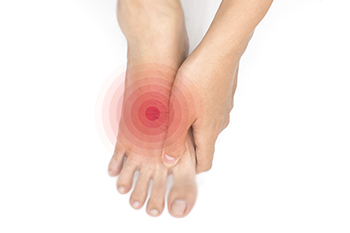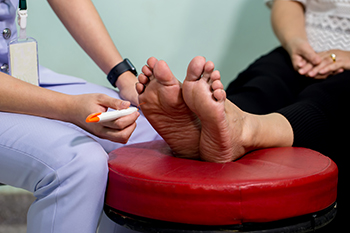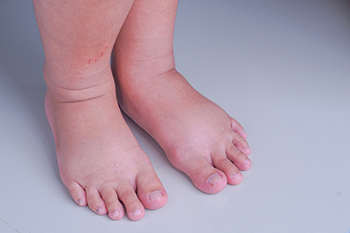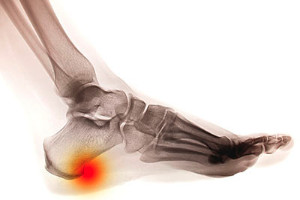
Flat feet, also known as fallen arches, can cause discomfort and impact your overall foot mechanics. While nonsurgical treatments such as wearing orthotics, can provide moderate relief, some cases may require surgical intervention. Surgical procedures aim to correct the structure of the foot and restore its natural arch. One common approach involves realigning the bones to improve arch height. Another technique focuses on repairing or transferring tendons that can enhance arch support. The decision to undergo flat feet surgery should be well considered by taking into account the severity of the condition, lifestyle, and medical history. Recovery and rehabilitation are crucial for optimal results. Consulting a podiatrist is vital in determining whether surgical intervention is the best path to help you regain comfort and mobility. If you have flat feet, it is strongly suggested that you contact this type of doctor who can guide you toward the treatment that is right for you.
Foot surgery is sometimes necessary to treat a foot ailment. To learn more, contact one of our podiatrists of Carolina Foot & Ankle Specialists. Our doctors will assist you with all of your foot and ankle needs.
When Is Surgery Necessary?
Foot and ankle surgery is generally reserved for cases in which less invasive, conservative procedures have failed to alleviate the problem. Some of the cases in which surgery may be necessary include:
- Removing foot deformities like bunions and bone spurs
- Severe arthritis that has caused bone issues
- Cosmetic reconstruction
What Types of Surgery Are There?
The type of surgery you receive will depend on the nature of the problem you have. Some of the possible surgeries include:
- Bunionectomy for painful bunions
- Surgical fusion for realignment of bones
- Neuropathy decompression surgery to treat nerve damage
Benefits of Surgery
Although surgery is usually a last resort, it can provide more complete pain relief compared to non-surgical methods and may allow you to finally resume full activity.
Surgical techniques have also become increasingly sophisticated. Techniques like endoscopic surgery allow for smaller incisions and faster recovery times.
If you have any questions please feel free to contact our offices located in Mount Pleasant and Charleston, SC . We offer the newest diagnostic and treatment technologies for all your foot and ankle needs.







